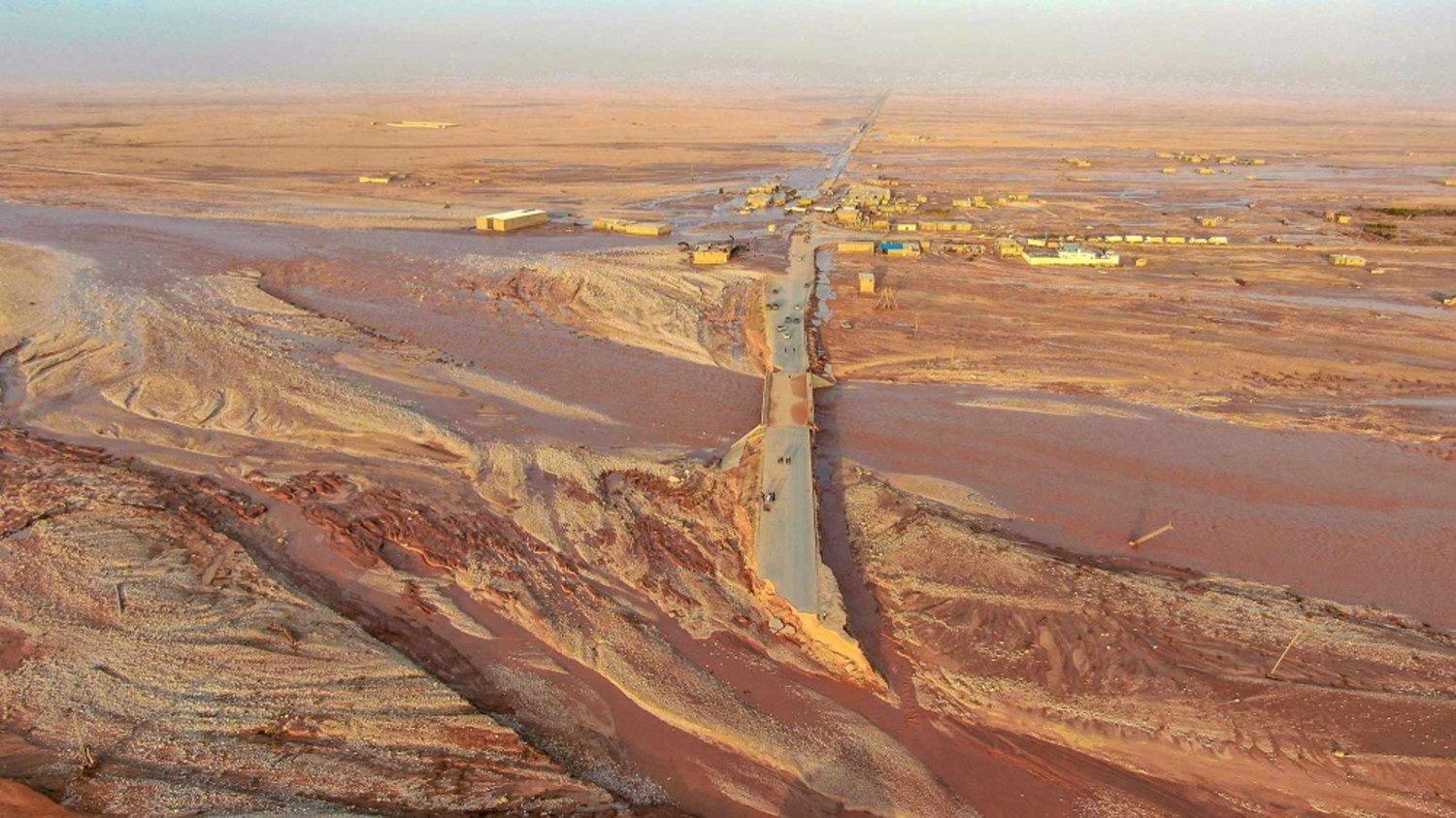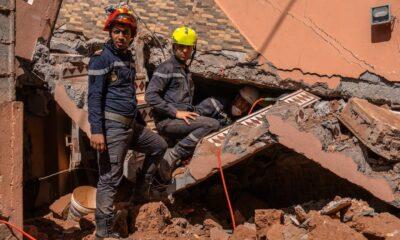World
Libya Grapples with Catastrophic Flood Aftermath as Death Toll Rises to 18-20K
Libya faces its most catastrophic natural disaster in modern history, as torrential floods devastate the eastern city of Derna, leaving thousands dead and many more missing. The calamity raises serious questions about the country’s preparedness for such disasters, despite ignored warnings.

LIBYA — In the wake of a catastrophic flood that has been described as Libya’s worst natural disaster in modern history, the nation is left in shock, grief, and anger. With thousands confirmed dead and even more missing, questions are mounting regarding human error and negligence.
On the night of September 10, 2023, an intense storm led to the sudden breach of dams, sending torrents of water racing down a seasonal riverbed through the eastern city of Derna. The devastating force of the floodwaters was so overwhelming that entire buildings with sleeping families inside were washed out to sea.
Early reports from local officials suggest a staggering death toll that could range from 18,000 to 20,000 in Derna alone. Mayor Abdulmenam al-Ghaithi expressed his fear to Reuters about the potential for an epidemic due to the vast number of corpses buried in the debris and floating in the waters.
Critics argue that such a disaster could have been averted. The World Meteorological Organisation’s (WMO) Secretary-General, Petteri Taalashe, commented in Geneva that a properly functioning meteorological service in Libya could have issued early warnings. “Evacuations could have taken place, and we might have been spared the loss of so many lives,” he stated.
There were indeed premonitory signals. An academic paper released last year highlighted Derna’s susceptibility to flooding and the pressing need for dam maintenance.
In response to growing outrage, Mohamed al-Menfi, who heads the presidency council for Libya’s internationally recognized government, has called for a thorough investigation into the tragedy. He emphasized the need for accountability for any failures or negligence that may have exacerbated the flood’s impact.
On the ground, heart-wrenching stories of loss emerge. Usama Al Husadi, who has been on a relentless quest to find his wife and five children, told Reuters about the fruitlessness of his search. Another survivor, Wali Eddin Mohamed Adam, a Sudanese brick factory worker, shared the horror of seeing the city centre obliterated and the loss of numerous colleagues.
International solidarity is evident, with countries like Egypt, Tunisia, the UAE, Turkey, and Qatar sending rescue teams. Turkey has dispatched a vessel equipped to establish two field hospitals, while Italy has airlifted supplies and personnel. The World Health Organization (WHO) has pledged $2 million to support the flood victims and is sending medical supplies from Dubai.
However, the ongoing political instability in Libya, a result of a power vacuum that emerged post the 2011 fall of Muammar Gaddafi, complicates rescue and relief efforts. With two governments vying for control, the city of Derna has seen a tumultuous past, being controlled by various armed Islamist factions before being taken over by the Libyan National Army.
The tragedy underscores the dire need for national unity and robust infrastructure in the face of impending climatic challenges. As Libya mourns its lost citizens and rebuilds its devastated cities, the world watches and offers its support.







